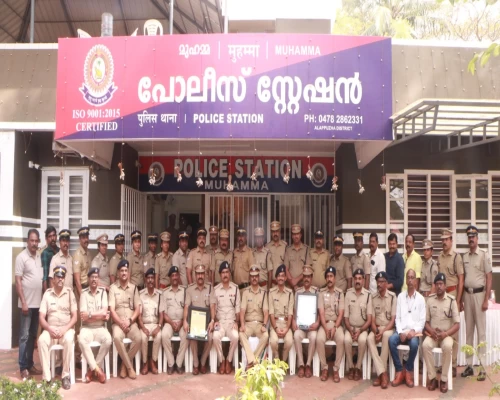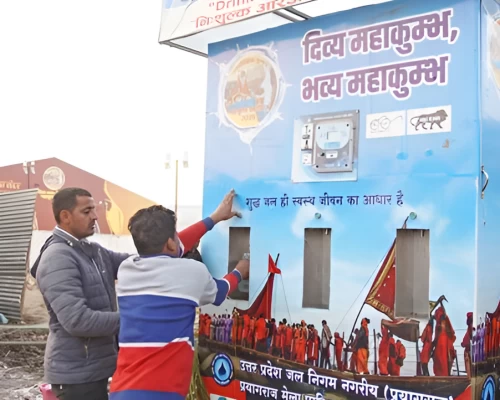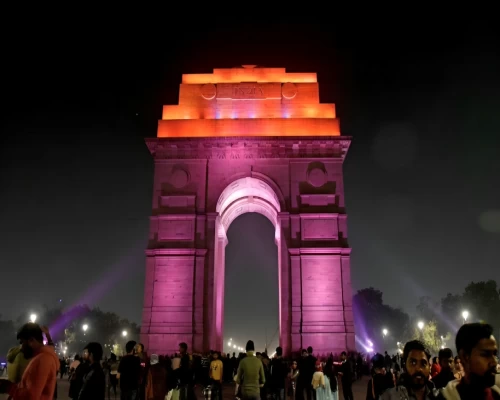
Chennai. The Greater Chennai Corporation’s decision to construct air-conditioned rest areas along key city roads marks a significant shift in urban planning, one that acknowledges the evolving workforce and their needs. These rest spots are designed to provide much-needed relief to gig workers, such as delivery personnel and ride-hailing drivers, who endure long hours on the road under often harsh weather conditions.
Gig workers have long been a crucial yet overlooked part of the urban economy. Chennai’s move to offer designated rest spaces is a progressive step, highlighting the city’s commitment to labor welfare. While cities worldwide have introduced public amenities like pedestrian-friendly zones and bicycle lanes, structured rest areas for gig workers remain a rarity. This initiative could set a precedent for other Indian cities to follow.
The gig economy is rapidly expanding, with thousands of workers in Chennai alone dependent on flexible jobs for their livelihood. Unlike office employees who have designated break areas, gig workers are often left with limited options, relying on tea stalls, petrol pumps or sidewalks for brief respites. The introduction of air-conditioned shelters addresses this fundamental gap and enhances the dignity of gig work.
These rest areas will feature essential amenities such as air-conditioning to provide relief from Chennai’s tropical heat, charging stations to support mobile-dependent workers, comfortable seating and vending machines for refreshments and clean restrooms to address a common grievance among workers.
If executed effectively, this initiative could inspire similar developments across India. Cities like Bengaluru, Mumbai and Delhi, where gig economies thrive, may soon feel the pressure to provide similar facilities. Moreover, the concept could extend beyond gig workers to include traffic police, street vendors, and other outdoor workers.
While this is an excellent starting point, sustained maintenance, accessibility and possible expansion will determine the project’s long-term success. Collaborations with ride-hailing and food delivery companies could also boost funding and awareness. More importantly, ensuring that these spaces remain safe, clean and truly worker-friendly will be crucial.
Greater Chennai Corporation has taken a good step towards an inclusive urban infrastructure. With thoughtful execution and scaling, this can redefine how cities care for their mobile workforce.
BI Bureau













_500_x_400.webp)